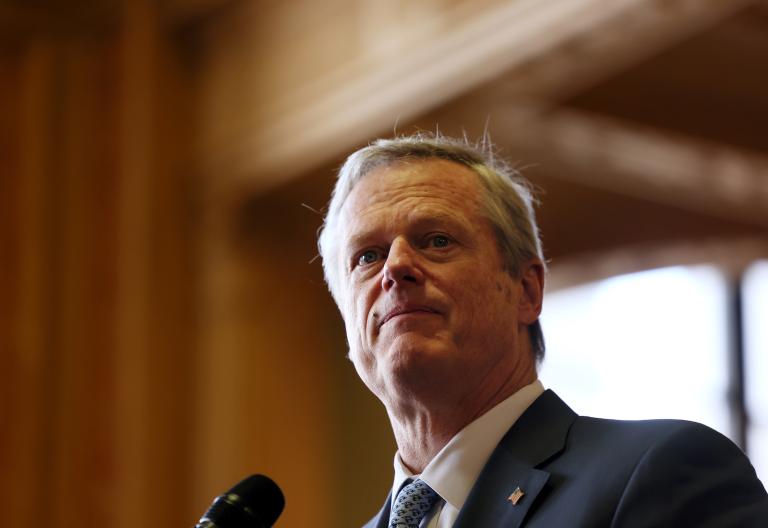Democratic lawmakers in the United States House of Representatives voted to pass the Inflation Reduction Act of 2022, or IRA, on Friday — the final obstacle in the bill’s path to President Joe Biden’s desk. The IRA’s $369 billion for clean energy and energy security represents the largest federal investment in combating the climate crisis in U.S. history. The legislation is forecast to reduce domestic emissions 40 percent below 2005 levels by the end of this decade, provided the private sector and other parts of the economy continue to reduce emissions at a reliable rate. The bill passed 220 to 207. Every House Democrat voted for the bill. Republicans unanimously opposed it.
The IRA isn’t the bill Democrats hoped it would be when Biden first took office. Initial versions of the legislation directed at least $500 billion to fighting climate change and included a policy that would have rewarded electric utilities that transitioned to renewables and penalized companies that lagged behind. More importantly, the IRA isn’t only a climate bill — it’s a tax and health care package that also includes continued support for fossil fuels. Those carve-outs for the oil and gas industry, such as new offshore drilling leases, were included to secure the support of Senator Joe Manchin, a conservative Democrat from West Virginia and a critic of earlier versions of the IRA that sought to curtail the fossil fuel industry.
“Any congressional process is going to be a function of compromise,” Representative Sean Casten, a Democrat from Illinois who voted for the IRA on Friday, told Grist. (Editor’s note: Casten is a former contributing writer to Grist.) But Casten said the House’s decision to pass the bill on Friday was something to celebrate, calling it the “most significant, most comprehensive, most complete, most serious climate bill that the Congress has ever passed.”
The IRA allows the U.S. to do what climate scientists said it should have done decades ago: make a serious down payment on decarbonizing the nation’s energy sector and begin to incentivize an economy-wide transition off of fossil fuels. The bill funnels hundreds of billions into tax credits for companies to invest in clean technologies, rebates for consumers who want to get fossil fuels out of their homes and buy electric vehicles, clean energy research and development, and more.
It’s a major step forward for the U.S., which is the world’s largest historical emitter of greenhouse gas emissions. But a lot of hard work remains. In order to realize the 40 percent reduction in greenhouse gases ascribed to the IRA, the nation needs to more than triple the rate at which it deploys new power transmission infrastructure to support the flow of renewables across the country and expand workforce training to help fill the 1.5 million or so jobs the legislation will create.
And the IRA is just one bill; the nation still has a way to go before it reaches net-zero. The one thing Congress shouldn’t do, Casten said, is pat itself on the back for a job well done and then neglect to pass another piece of climate legislation for a decade or more. “We’re down four touchdowns, it’s the start of the 4th quarter, and we just put one across the line,” he said. “Let’s do an end zone dance and let’s not shoot off fireworks and plan our Super Bowl parade yet.”
Some environmental justice groups aren’t celebrating at all. “The harms of the bill as it is currently written outweigh its benefits,” a coalition of groups called the Climate Justice Alliance said in a statement last week before the Senate passed the bill, citing the IRA’s soft spot for fossil fuel projects and what the alliance said was a lack of emphasis on justice and equity for the communities who have borne the brunt of climate change thus far. “Members of Congress and the Biden administration can help to ensure economic recovery and jobs through increased support of local, community-controlled renewables that truly foster a Just Transition for all communities, especially those most impacted by the climate crisis today,” it said.



